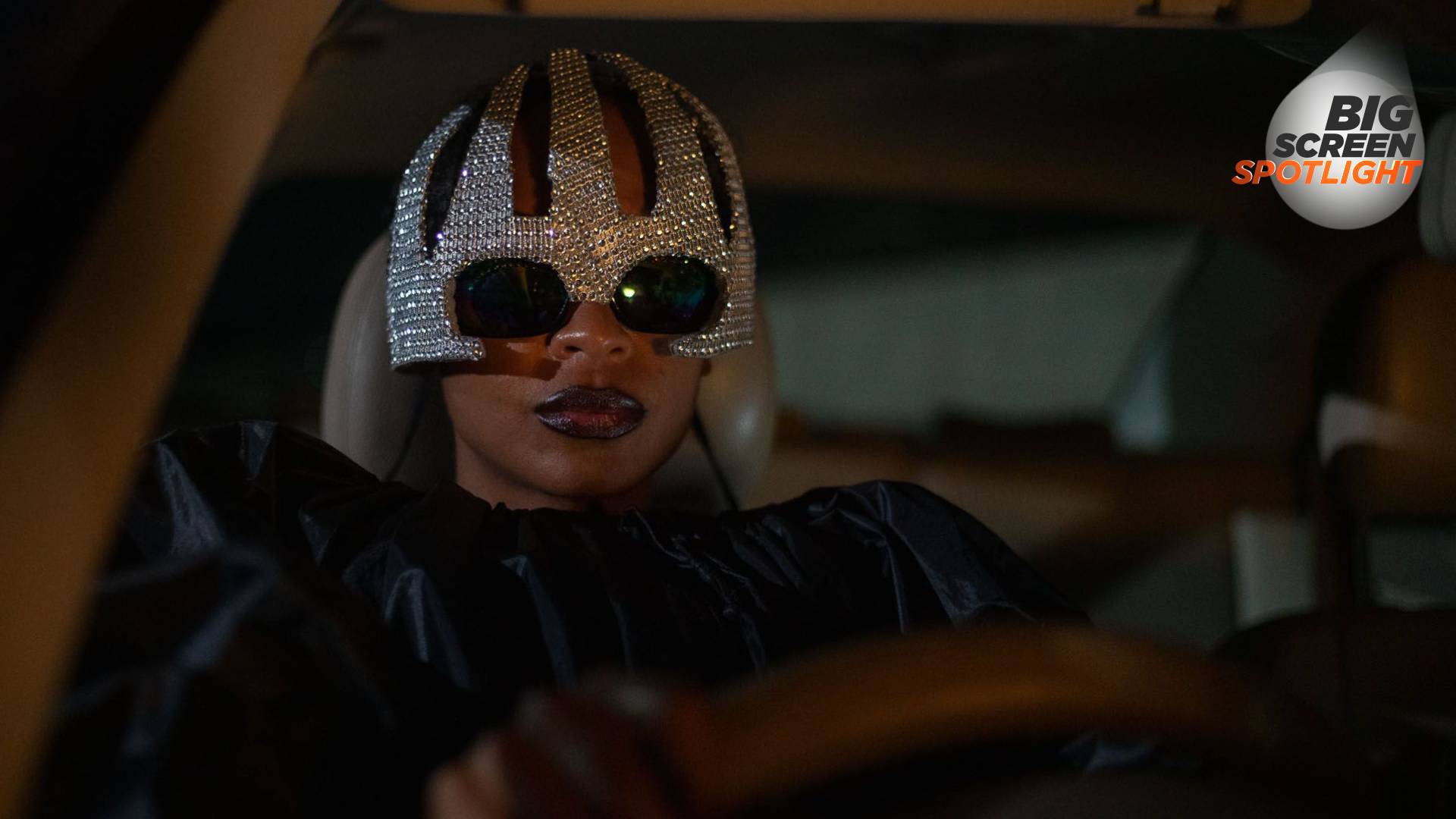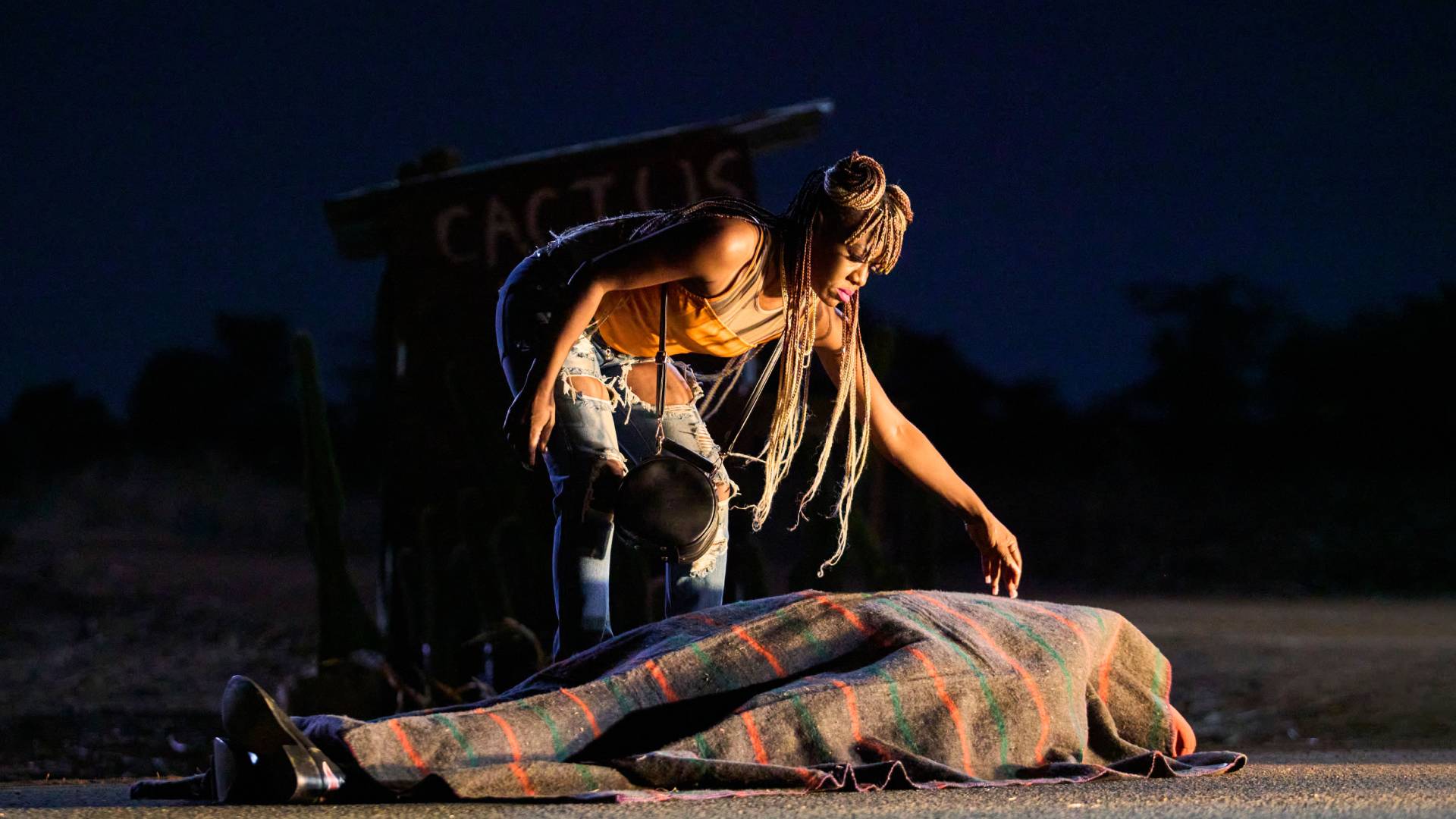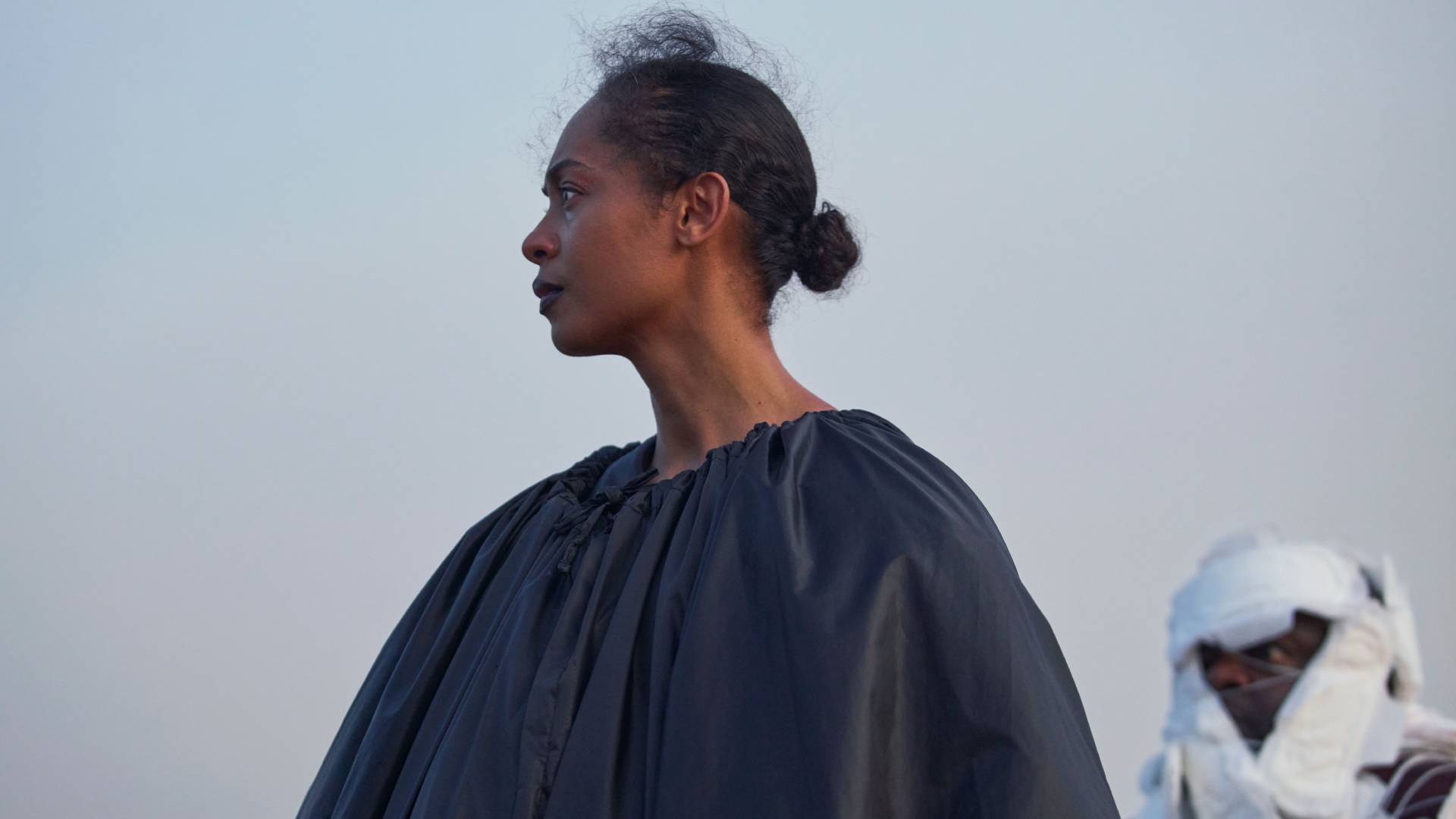
"When the guinea fowl see a predator approaching, they make a noise altogether and they say 'Look out,'" shares a voiceover in one of the final moments of Rungano Nyoni's On Becoming a Guinea Fowl. The distinctive bird is a key metaphor throughout the director's follow-up to her much-lauded and utterly brilliant I Am Not A Witch, and acts as a powerful medium to view this dark family drama.
Shining a light on the under-the-radar theatrical releases that you need to know about, with a new article every Friday.
It all begins with Shula (Susan Chardy) driving home from a friend's party when she notices something odd on the road. Upon closer inspection, it's clear that it's the body of her Uncle Fred, and he is long gone from this world. As the funeral preparations begin around her and different generations gather to mourn his loss, the truth about his past slowly unravels – as do the lengths people have gone to protect his secrets.
All through this, the guinea fowl rears its head. We see it throughout the film, as a children's TV segment on the bird is played out slowly during recurring interludes. However, it's only in this final voiceover that the bird's warning call metaphor really comes into its own, and the message of the film emerges. This is a family who did not heed the guinea fowl's wisdom, and it's caused scars across generations.
What's real?

Much like Nyoni's debut I Am Not a Witch, On Becoming a Guinea Fowl is full of dark humor and surreal moments. Chardy's performance as Shula especially contains multitudes, flipping from opaque visions where it's not quite clear what's real to her deadpan resignation at the quirks of her family.
Take an early moment when she calls her father to tell him of what's happened to Uncle Fred. Dressed in a Missy Elliot costume (diamond-studded headpiece and all), we watch as she discovers the body and imagines her younger self hovering next to it, hinting at some deep trauma that's as yet unknown to the audience.
Then she calls her dad, who can barely hear her at a party and reacts to the news with incredulity and the request that she cover his taxi fare. Shula barely flinches, agreeing even though it seems she knows he'll never show up, and rolling with the punches when she's left to wait in the car until morning for the police to arrive.
It's a compelling performance from Chardy who knows the power of understated emotion. Whether it's a shift in her eyes as they seemingly dissociate from the situation around her or her steadfast stare when dealing with nonsense requests from demanding uncles, she rarely gives anything away. Even her family members question this – where are her tears? Where is her performative grief? Still, she holds steady.
Then, as you learn the heavy trauma Shula has carried with her since girlhood – which notably is always implied and never explicitly told – the reason for her vacancy feels all the more heartbreaking.

"It’s a film that invites you to dig for your own answers and, in many ways, lets you write your own ending," Chardy said in a recent interview with Country and Townhouse about the film and, as it unwinds, it certainly feels there are no neat conclusions to this story. Just as is the case with all families, nothing is ever clean-cut or straightforward. Shula may struggle in her relationship with her mother, who didn't protect her when she needed her the most, but she'll still go and get her from the airport and hold her while she grieves.
Yet, while nothing seems to change for the older generation of this story, who are still content to pass blame around regardless of its futility in death, it's the younger cast who offer the most hope. One poignant moment sees Shula and her cousins hiding from their aunties in the kitchen pantry, drinking and bonding over their shared incredulity at the funeral performance. It's one of the few moments of joy in the film as their camaraderie gives them comfort – and it suggests something different may be on the horizon.
The film doesn't ever want to tell you the painful secrets that so many of its younger generation harbor. Nor does it want you to judge those who have helped bury it deep underground. These interactions remain messy and unspoken, and the trauma they have caused will span generations. But, through Shula, a shift begins. As the credits roll on Nyoni's beguiling drama then, it's our protagonist's steely stare that lingers, along with a determination to sound the warning calls of the guinea fowl.
On Becoming a Guinea Fowl is out in UK cinemas now and releases in US theaters on March 7, 2025. For more on what to watch, check out the rest of our Big Screen Spotlight series as well as our guide to upcoming movies due out in 2024 and 2025.







